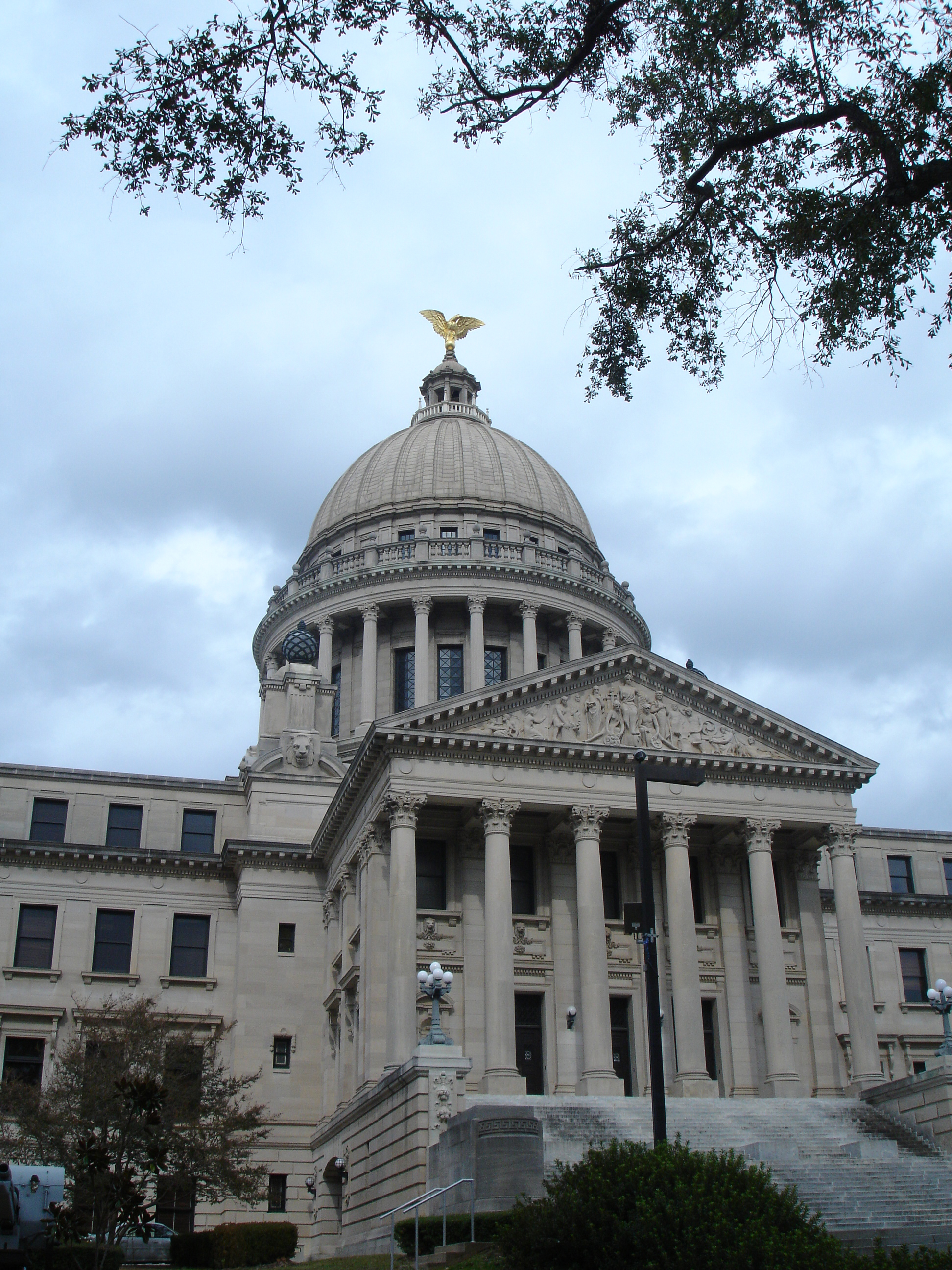On May 13, Mississippi Governor Tate Reeves (R) signed SB 2144 into law, banning ranked-choice voting (RCV). With the new law, more states have now banned RCV in 2024 than in any other year. Mississippi joined Kentucky, Oklahoma, and Alabama, who all adopted legislation banning RCV this year, and became the ninth state overall to prohibit the electoral system.
SB 2144 bans RCV "in statewide, county, local, municipal and school district elections" in the state and prohibits any voting method "to rank candidates for an office in order of preference" in primary and party nominating contests.
As originally introduced, SB 2144 was a bill to lengthen the time between a primary, general, or special election and a runoff election from three weeks to four weeks. Mississippi is one of three states, with Georgia and Louisiana, that require runoff elections in a general election when no candidate receives a majority of the vote.
The Mississippi State Senate passed the bill without provisions related to RCV 49-0 on March 7. The Mississippi House of Representatives passed an amended version of the bill 108-3 on April 4. The bill went to a conference committee who, released a new version that included an RCV ban, which originally constituted a separate bill, SB 2367, that had passed the Senate but died in a house committee. The conference version also included a new section that would have created five election commissioner positions as an elected office in each county. The initial conference version passed the House 109-3 but was rejected by the senate 46-6.
On May 2, the conference committee issued a second report. This new version removed the section related to election commissioners but maintained the ban on RCV in addition to the increase in the time between an election and a runoff. The final version passed the House 117-2 and the Senate 50-1 on the same day.
Gov. Reeves did not issue a press release or public statement upon signing the bill.
Mississippi joins Alabama, Florida, Idaho, Kentucky, Montana, Oklahoma, South Dakota, and Tennessee as states that ban RCV. Besides Kentucky, each state banned RCV with a Republican trifecta in control of state government. In Kentucky, lawmakers overrode a veto by Gov. Andy Beshear (D) to adopt the ban.
Voters in at least four states will decide statewide ballot measures related to RCV this November. In two states, Alaska and Missouri, voters will consider banning or repealing RCV. In Missouri, legislators referred the Voting Citizenship Requirement and Prohibiting Ranked-Choice Voting Amendment to voters to decide whether to prohibit ranked voting in the state. In Alaska, voters will decide the Repeal Top-Four Ranked-Choice Voting Initiative that would eliminate open top-four primaries and RCV for general elections for certain offices, as established by ballot measure in 2020.
Voters in two other states, Nevada and Oregon, will consider ballot measures to establish RCV for some elections. In Oregon, the Ranked-Choice Voting for Federal and State Elections Measure would create RCV for federal and state executive elections. In Nevada, voters will decide the Top-Five Ranked-Choice Voting Initiative to create open top-five primaries and RCV for general elections for congressional, state executive, and state legislative elections. Nevada voters approved a first consideration of this initiative 52.94%-47.06% in the November 2022 election.
Proponents of RCV argue that the electoral system reduces the cost of runoff elections, increases civility, and creates more representative electoral outcomes. Opponents of RCV argue that the system is too opaque, confuses voters, and leads to wasted votes. For more arguments for and against RCV, click here.
RCV is used for regular statewide elections in two states, Alaska and Maine, and for special congressional elections in Hawaii. Fourteen other states used ranked-choice voting in some local elections.
For more coverage of RCV legislation, check out our monthly report here.



